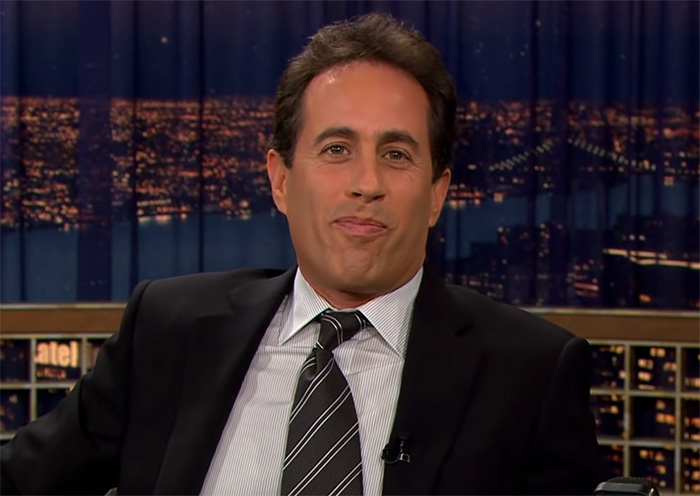
In the world of television, where success is often measured in ratings and revenue, it’s rare to find a creator who prioritizes artistic integrity over financial gain.
Yet, that’s exactly what Jerry Seinfeld, the comedic genius behind one of the most successful sitcoms in television history, did when he turned down a staggering 9 figure offer for an additional season of “Seinfeld.” This decision, which left many in the industry and beyond stunned, was not a simple one. It was a testament to Seinfeld’s deep respect for his craft, his audience, and the legacy of a show that had become a cultural phenomenon.
Seinfeld’s journey to creating his eponymous show was not a straightforward one. Despite a successful nine-year stint on The Tonight Show with Johnny Carson, where he consistently delivered standout performances, no one at NBC approached him about a potential TV series. It was only after his manager, George Shapiro, sent a note to Brandon Tartikoff, then-president of NBC, that Seinfeld was invited for a meeting. However, he had no concrete ideas for a show at that time.
The concept for “Seinfeld” was born out of a casual conversation between Seinfeld and Larry David at The Improv, a popular comedy club. They later went to a Korean Deli, where they found humor in the mundane, everyday items and situations. This sparked the idea for a show about “two comedians just making fun of stuff as they walk around during the day.”
Throughout the interview, Seinfeld expressed his love for the show and its fans. He spoke fondly of fan-favorite episodes, such as the one where Kramer gets the Merv Griffin set in his apartment, and the infamous “masturbation” episode, which was a brainchild of Larry David. Despite its controversial subject matter, the episode was well-received, with only one sponsor pulling out.
Seinfeld’s decision to end the show at its peak, despite a $110 million offer from NBC for another season, is a testament to his respect for the audience and the show’s legacy. He likened the relationship between the show’s creators and the audience to a “white-hot” love affair. He wanted to end the show while it was still loved, rather than let it age and wither. He also acknowledged the difficulty of running the show without Larry David, who left after the seventh season.
In fact, if Seinfeld had his way, he wouldn’t have even worked on a finale episode. He believed that “big is always bad in comedy” and was wary of the pressure to create one big last show. Despite his reservations, the finale drew 76 million fans, proving the enduring popularity of the series.
Seinfeld’s reflections reveal a deep understanding of timing, not just in comedy, but in his career as well. He knew when to move to LA, when he was ready for The Tonight Show, and when to take the leap to create “Seinfeld.” Most importantly, he knew when to end the show, ensuring it remained a beloved icon of television comedy.
Seinfeld’s journey from earning $20,000 per episode in the first season to becoming the first TV actor to receive $1 million per episode is a testament to his talent and the show’s success. The show’s syndication in the mid-’90s further boosted his income, allowing him to earn $200 million per year from reruns.
Despite turning down the $110 million offer for an extra season, Seinfeld’s financial success continued. The show’s signing with Netflix in a deal reportedly worth more than $500 million ensured that Seinfeld and Larry David would continue to profit from the show’s enduring popularity. As of now, Jerry Seinfeld’s net worth is said to be close to $1 billion, largely due to the success of “Seinfeld” and his various other ventures.
In the end, for Seinfeld, the special part is the show’s longevity and how it was able to last for so many years. “It stood the test of time. I think that’s the greatest test of anything that people make. If it’s looked back upon fondly, then that proves it was well done,” he said. His decision to turn down the $110 million offer was not about the money, but about preserving the integrity and legacy of a show that was his “personal thing.”

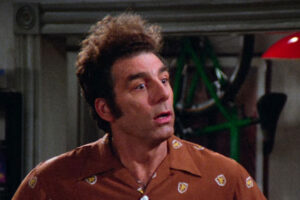
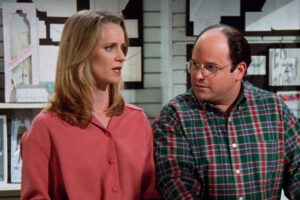
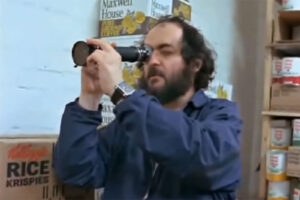
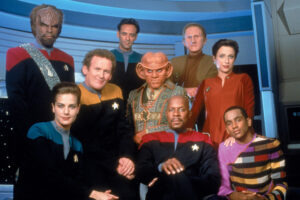
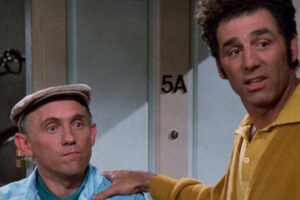

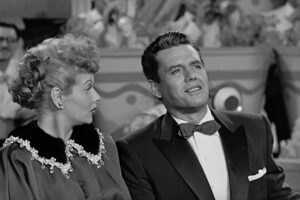

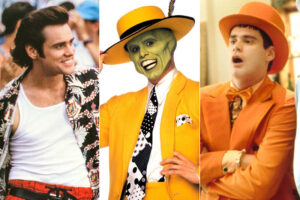
Leave a Reply